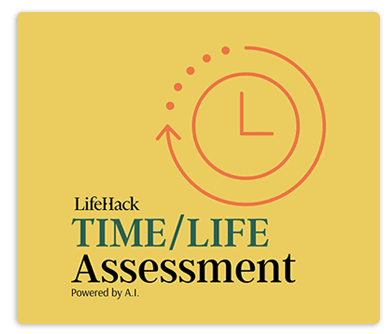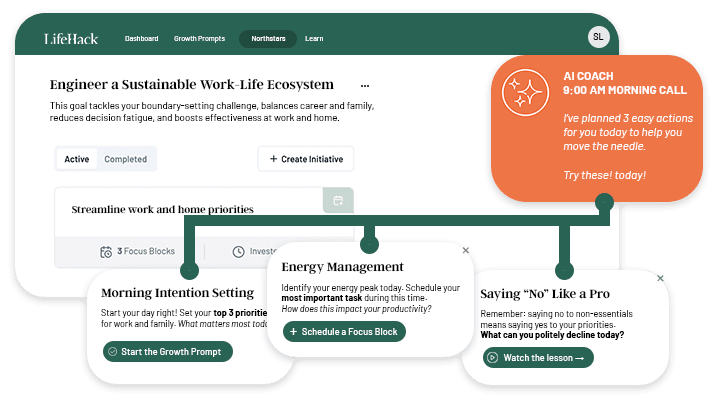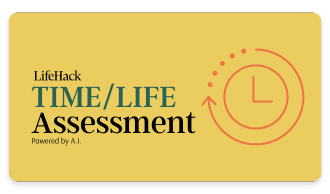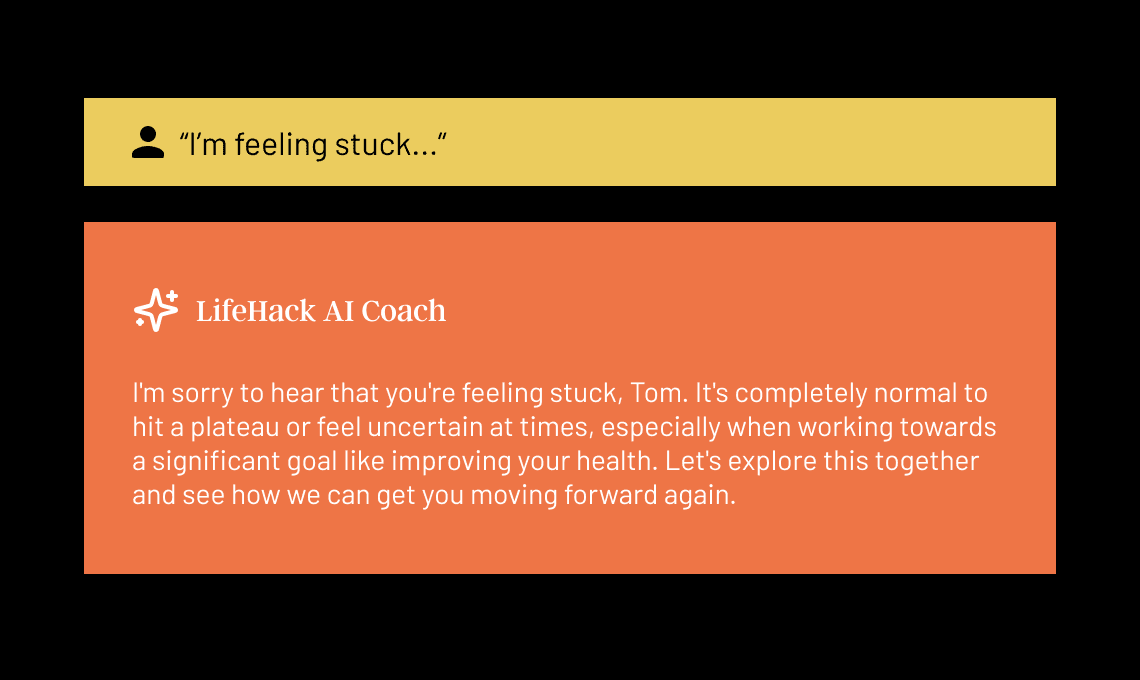Depression is one of the most common mental health disorders in America, according to the latest mental health statistics.[1] Approximately 17.3 million adults have had at least one major depressive episode.
In this article, we will take a deep look into depression, what a depression brain is like, and how to prevent the damage from depression.
Table of Contents
What is Depression?
In order to tap into treatment options for depression, we must first examine what defines this disorder.
Apart from differing scientific and medical jargon, depression – also known as Major Depressive Disorder – is best categorized as a serious mood disorder.
While it is common, it is anything but innocent. The symptoms of depression have serious effects on daily living, and leave the afflicted person with an inability to carry out normal tasks, such as working, interacting with friends and family, and sleeping.
Depression itself is an umbrella term for a list of specific types of depression, such as Postpartum Depression, Post-Traumatic Stress Disorder (which leads into serious symptoms of depression), Bipolar Disorder, and Psychotic Depression (which is depression with symptoms of psychosis), just to name a few.[2]
While everyone experiences moments of depression in their life, being clinically diagnosed with depression is usually done with the aid of medical help. This diagnosis typically relies on a baseline of depression symptoms that have been present for at least two weeks.
Symptoms of Depression
Because depression is categorized as a serious mood disorder, most symptoms will begin with a person’s behavior. A person may feel persistent sadness that simply won’t go away, or they may experience a loss of interest in activities that they once enjoyed, like gardening, traveling, or working out.
Other symptoms, although not a complete list, may persist:
- Feelings of emptiness or hopelessness
- Anxiety
- Angry outbursts, followed by a complete mood change (from happy to sad in very quick shifts)
- Struggles with insomnia or significant changes in sleep schedule
- Inability and lack of desire to get out of bed in the morning
- Significant decrease in personal hygiene, nutrition, and maintenance of their home or space
- Decreased interactions with friends, family, or colleagues
- Lack of energy and physical weakness, apathy, or pains and aches
- Trouble concentrating on specific tasks or making decisions
- Frequent thoughts about death, or even suicidal plans, thoughts, or attempts
- Back pain and headaches
While this list is not complete or exhaustive to a person’s struggle with depression, it does provide a general picture of some of the common symptoms.[3])
Causes of Depression
Mental health disorders still very much pose a mystery to medical professionals and science, in general. While depression is treated in a variety of ways (medicine, therapy, alternative healing, etc.), professionals are still learning more about this disorder and how it affects people of different genders, ages, and backgrounds.
However, a variety of factors are known to be possible contributors to depression, such as:
- Hormones – in cases of giving birth or going through menopause, women’s hormones quickly change, which can trigger depression or similar symptoms
- Genes – while not everyone gets depression from inherited traits, it is a factor, and research has seen a correlation between depression in families that is carried through generations
- Brain chemistry – one of the key factors in understanding cause of depression is brain chemistry, specifically neurotransmitters that work with the neuro-circuits in the brain to balance mood stability. If these neurotransmitters are not working properly, it could lead to depression or similar symptoms
The Link Between Depression and Our Brain
We already mentioned brain chemistry, and how it plays an integral part in understanding how your brain works in relation to mood stability. Neurotransmitters are your body’s chemical messengers. They transmit these messages between neurons for a plethora of reasons – cognitive function, organ function, dopamine release, etc.[4]
In terms of relating this to depression, however, those transmitters also regulate mood stability, and if they’re not relaying messages correctly or connecting to the brain circuitry in normal, functioning ways, we see a correlation between that “misfiring” and mental illness.
Unlock Your Time Potential: From Chaos to Control
Discover how to reclaim your time and transform chaos into productivity with our comprehensive Time/Life Assessment.
If you're ready to take control of your time and boost your efficiency, don't miss this opportunity to get a personalized analysis and action plan.

To paint a picture, imagine your brain split in half, the two lobes or hemispheres perfectly separated from each other.
Now, imagine the mood-stabilizing neurotransmitters like tiny little ping-pong balls that bounce from one hemisphere of the brain to the other, relaying messages that connect the brain as a whole. This is what we normally see in a healthy functioning brain.
However, if there is a change in this chemistry, and the ping-pong balls are not crossing and relaying as they should, that change creates a shift in your brain circuitry that may cause depression or similar symptoms.
Because our brain is an extremely complex and intricate organ which scientists are still studying and learning about, it wouldn’t be complete to say that only chemical imbalances cause depression.
In fact, recent Harvard research suggests that a slew of factors are involved in creating a correlation between depression and your brain function. These are inclusive of the neurotransmitters we described above, but they also include your way of life, medication, stress levels, and even genetic contributions or ways in which you were brought up.[5]
How Does This Link Help You?
Because depression is a mood disorder, we have to look at our behavior, and how it is influenced by our brain chemistry.
Behavior is shaped by our temperament, and much of that comes from our genetics. We are predisposed to act in certain social situations in ways that tie us to our family chain.
How we react to life circumstances or other people is very much a reflection of what we picked up from our parents, guardians, friends, or social upbringing. From this, we may make different choices in life, for better or worse, depending on these genetics.
Similarly, our view of the world and our relation to it also have a hand in how depression may form. We create our world view early on in life, and while it is influenced by our family and life events, it’s also very much our own.
If you’ve experienced loss or disappointment, you’re likely to fall back on your world view to cope with it and allow it to protect you. As an example, you may close yourself off from new relationships because you’ve endured heartbreak and don’t believe that you’re worthy of real love; or, you come from an upbringing that wasn’t emotionally available, so you don’t create habit patterns or behaviors that show you how to handle emotion in a healthy way.
All of these scenarios create behavior. In turn, that behavior creates habit patterns, that in turn, create your daily life and your interaction with it.
While chemical imbalances can have a direct role in manifesting depressive episodes, we have to be aware that our own, inherent behavioral traits are just as powerful contributors.
Medications to re-balance any chemical disruptions in the brain are a proactive tool against depression. These can be explained and provided to you by a medical health professional.
When it comes to our behavior, however, and how we deal with stress, trauma, loss, medical problems, and the like – all of which are triggers for depression – we can implement new habits[6] that can decrease any damage to our state of body and mind, such as:
- Meditation
- Deep breathing
- Yoga or any body-conscious movement or workout
- Journaling about life events or problems we encounter on a daily basis
- Therapy or group-sharing
- Acupuncture, Reiki, or any alternative-healing modality
- Diet and nutrition rich in foods that cleanse and empower (rather than numb and overpack the gut)
- Hiking, running, biking, or any cardio-increasing activity
- Spending time with others who support you
These are habits and tools that you can implement on your own, as well as with a professional. Remember to always consult with your doctor before starting any new regiment.
The Bottom Line
Depression is a disorder that affects our mood. While research has uncovered that depression may be linked to chemical imbalances in the brain, it also suggests that our behavior and inherent genetic traits are strongly connected to how depression manifests.
How you deal with the many ups and downs of daily life are strong indicators of where you may want to make changes, whether medicinal or alternative, to decrease your chances of depression and its damage, and embrace a life of health and well-being.
More Articles About Mental Health
- Anxiety vs Depression: What’s the Difference and How to Deal with Them?
- 13 Ideas on How to Help Depression That Just Won’t Go Away
- What Does Anxiety Feel Like? (Types and Symptoms of the Invisible Killer)
- 5 Breathing Exercises for Anxiety (Simple and Calm Anxiety Quickly)
Featured photo credit: AJ Garcia via unsplash.com
Ready for a Goal Breakthrough? Unlock Your Personalized Strategy

Experience the power of a strategy tailored just for you.
Our personalized system provides:
- Custom-crafted action steps based on your unique situation
- Insights tailored to your specific challenges and strengths
- A personalized roadmap to turn your goals into reality
Tailored recommendations powered by smart analysis
Reference
| [1] | ^ | National Institute of Mental Health: Major Depression |
| [2] | ^ | National Institute of Mental Health: Depression |
| [3] | ^ | Mayo Clinic: Depression (Major Depressive Disorder |
| [4] | ^ | Queensland Brain Institute: What are Neurotransmitters |
| [5] | ^ | Harvard Health: What Causes Depression? |
| [6] | ^ | Help Guide: Coping with Depression |















































